How Escrow Holdbacks Work in Real Estate Deals?

Buying a home can feel like a never-ending checklist, from inspections and appraisals to endless documents. But what happens if the seller can’t finish a repair before closing day? That’s where escrow holdbacks come in, a smart workaround that keeps your deal on track without compromising your protection.
Key Takeaways:
- Escrow holdbacks are temporary funds withheld to cover incomplete repairs or conditions at closing.
- They protect both buyer and lender during delayed repairs or property issues.
- Not all lenders allow escrow holdbacks; know your options before committing.
- Escrow holdbacks must be documented in closing paperwork.
- Homebuyers can still close on schedule while ensuring post-closing repairs are addressed.
What Is an Escrow Holdback?
An escrow holdback is when part of the seller’s proceeds are temporarily held in escrow after closing to cover incomplete items, usually repairs or improvements that can’t be done before you take possession.
Think of it as a security deposit. The money stays put until the agreed-upon work is completed to satisfaction, often verified through receipts or a re-inspection. Once that happens, the funds are released, either back to the seller or to the contractor.
When Are Escrow Holdbacks Used?
Escrow holdbacks come into play when something still needs fixing, but the sale can’t wait:
- Weather-Delayed Repairs: Think roof replacements in winter or exterior paint jobs during the rainy season.
- Appraisal Conditions: If the appraisal requires repairs before closing.
- Contractual Repairs: Items agreed upon during negotiations that couldn't be finished in time.
Pro Tip: Escrow holdbacks aren't automatic. Your lender must approve them, and not all lenders do.
Who Benefits from an Escrow Holdback?
For Buyers:
- Keeps your closing date intact.
- Protects you from paying for repairs out of pocket.
- Guarantees that repairs happen post-closing.
For Sellers:
- Allows them to close without waiting on contractors.
- Avoids having to extend deadlines or lose the buyer.
How Much Is Typically Held Back?
Lenders often require 1.5x to 2x the estimated repair cost to be held in escrow. So if the repairs are estimated at $5,000, expect $7,500–$10,000 to be set aside.
How It Works Step-by-Step:
- Identify Needed Repairs during inspection or appraisal.
- Negotiate Holdback Terms with your agent, lender, and title company.
- Document in the Contract and final closing disclosures.
- Funds held in Escrow from the seller’s proceeds.
- Repairs completed within the agreed timeframe.
- Proof submitted via receipts, photos, or inspections.
- Funds are released to the seller or contractor, depending on the terms.
What to Watch Out For?
- Time Limits: Most agreements set a 30–60 day window for repairs.
- Contractor Accountability: Always use licensed, insured pros.
- Clear Documentation: Vague language can lead to disputes.
- Loan Type Restrictions: FHA and Conventional loans may have different policies.
Heads Up: Some lenders won’t allow escrow holdbacks for cosmetic items or optional improvements.
Conclusion: Close Confidently with Protection in Place
Escrow holdbacks give you peace of mind and flexibility when timing or conditions threaten to derail your closing. They’re a practical solution that empowers you to move forward while making sure the work gets done.
Looking for a commission-free homebuying experience backed by professionals? reAlpha is a tech-powered platform designed for modern buyers who value transparency and control.
And if you need personalized mortgage support from licensed experts, Be My Neighbor Mortgage (NMLS #1743790) is here to guide you every step of the way.
FAQs
Can any buyer request an escrow holdback?
Yes, but it depends on the lender’s policy. Some lenders don’t allow them, especially for non-essential repairs.
How long does the seller have to complete repairs?
Typically 30 to 60 days, but the timeline should be agreed upon in writing.
What happens if the repairs aren’t completed?
The escrow funds may be used to hire another contractor, or the buyer may be reimbursed, depending on the terms.
Are escrow holdbacks common?
They’re not standard but are frequently used in cases where weather or availability delays repairs.
Does this affect my loan or interest rate?
Not usually, but some lenders may place stricter conditions or delay funding depending on the scope of the holdback.
Disclosures:
All mortgage applications are subject to underwriting approval. Conditions and restrictions may apply. Not all applicants will qualify. Please consult your licensed mortgage advisor for personal guidance.
Be My Neighbor Mortgage, LLC | NMLS #1743790
ReAlpha is not a mortgage lender or broker. It is a real estate platform facilitating commission-free home purchases.




.avif)
.avif)
.avif)
.avif)
.avif)
.avif)




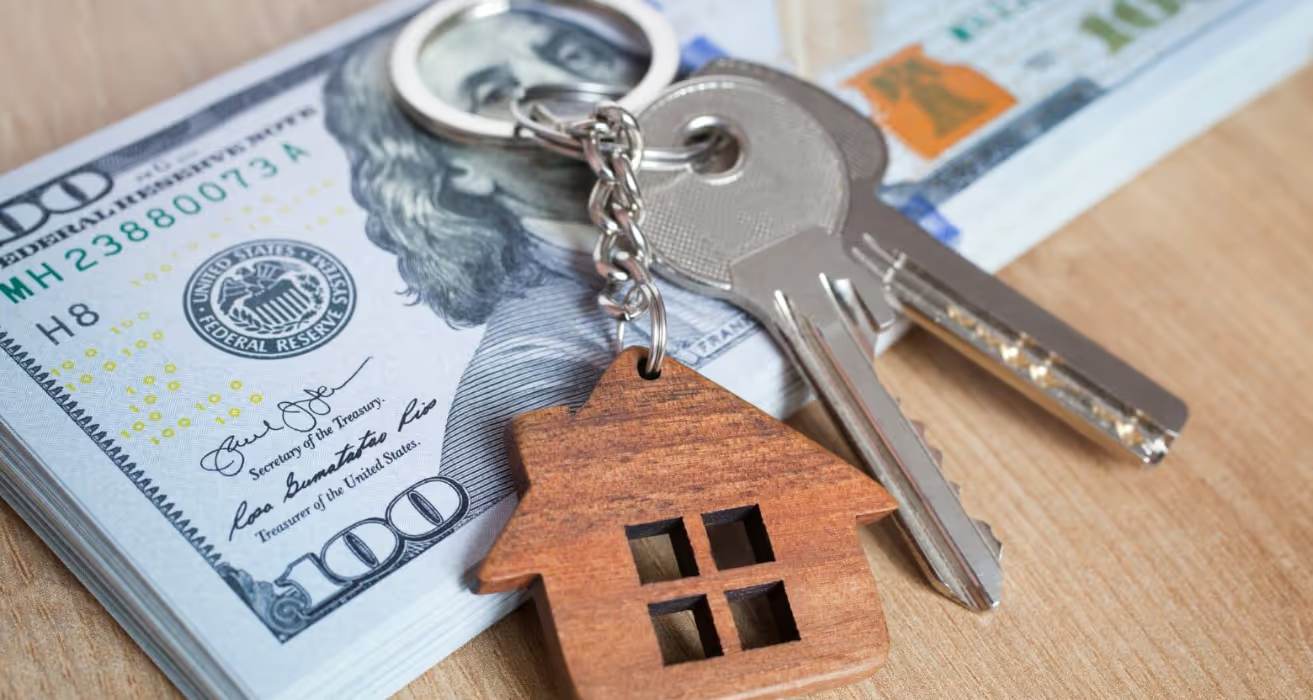



.avif)
.avif)
.avif)
.avif)
.avif)
.avif)
.avif)
.avif)
.avif)
.avif)





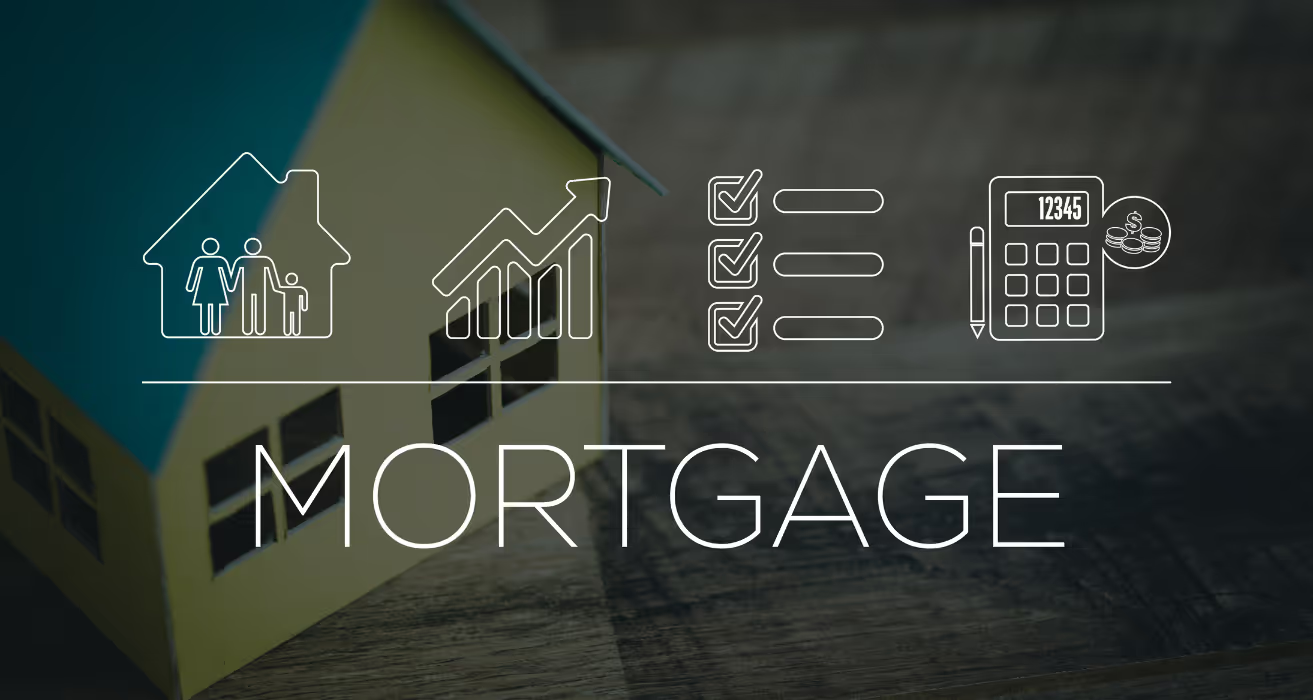

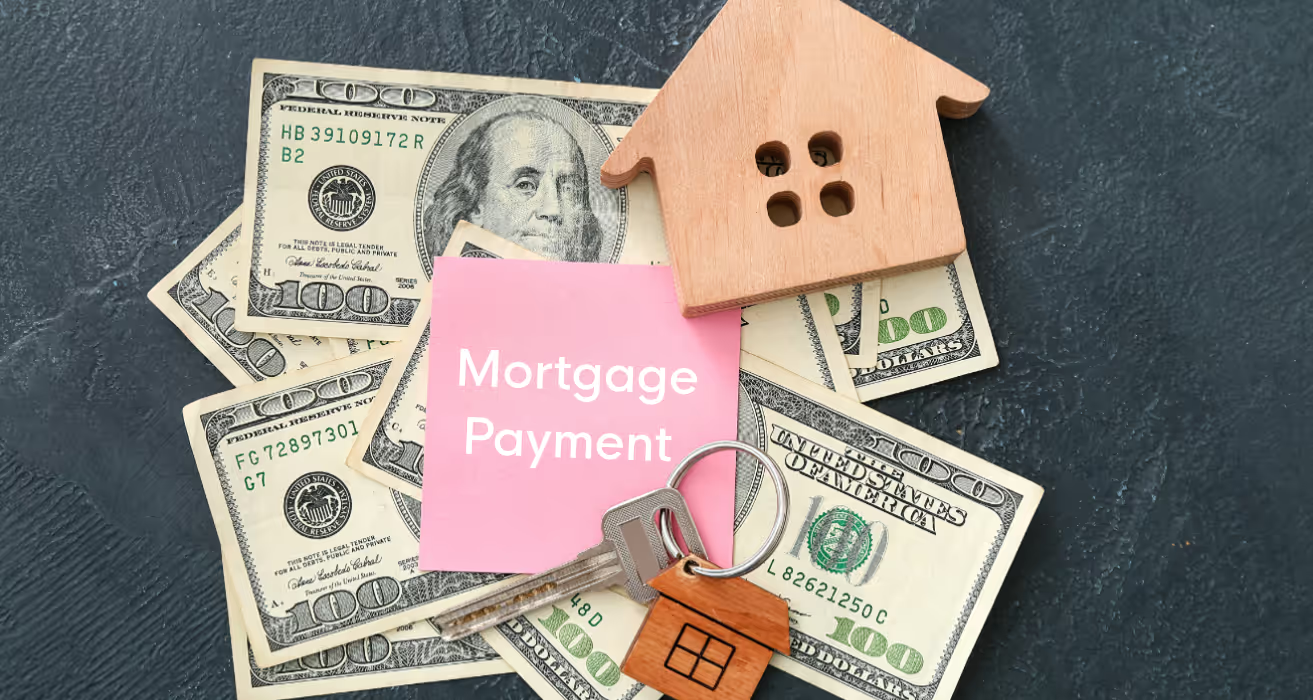
.avif)
.avif)
.avif)
%20(1).avif)
.avif)
.avif)

.avif)
.avif)
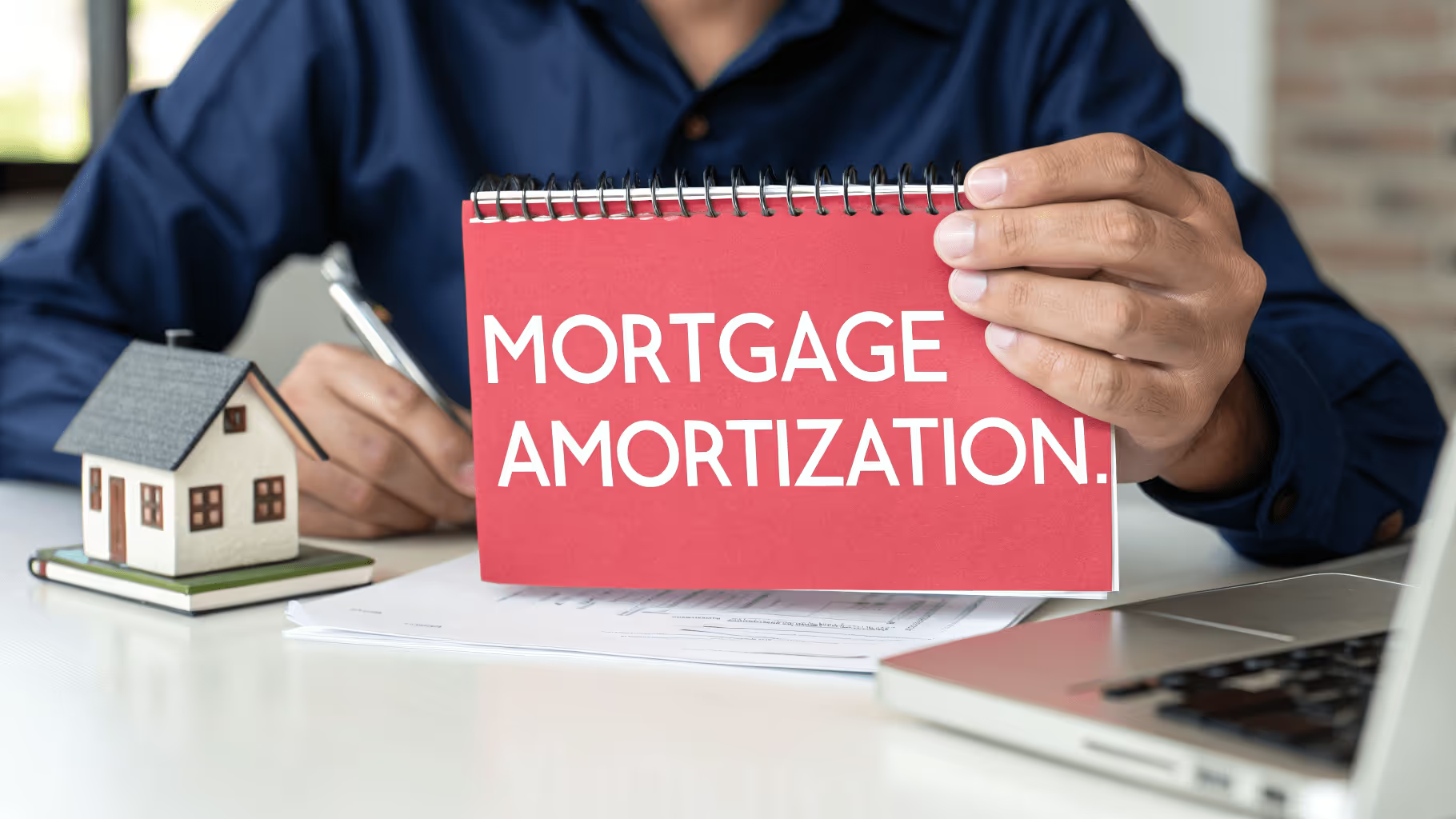



-min.avif)
.avif)
-min.avif)
-min.avif)
.avif)
.avif)

-min.avif)

.avif)
.avif)
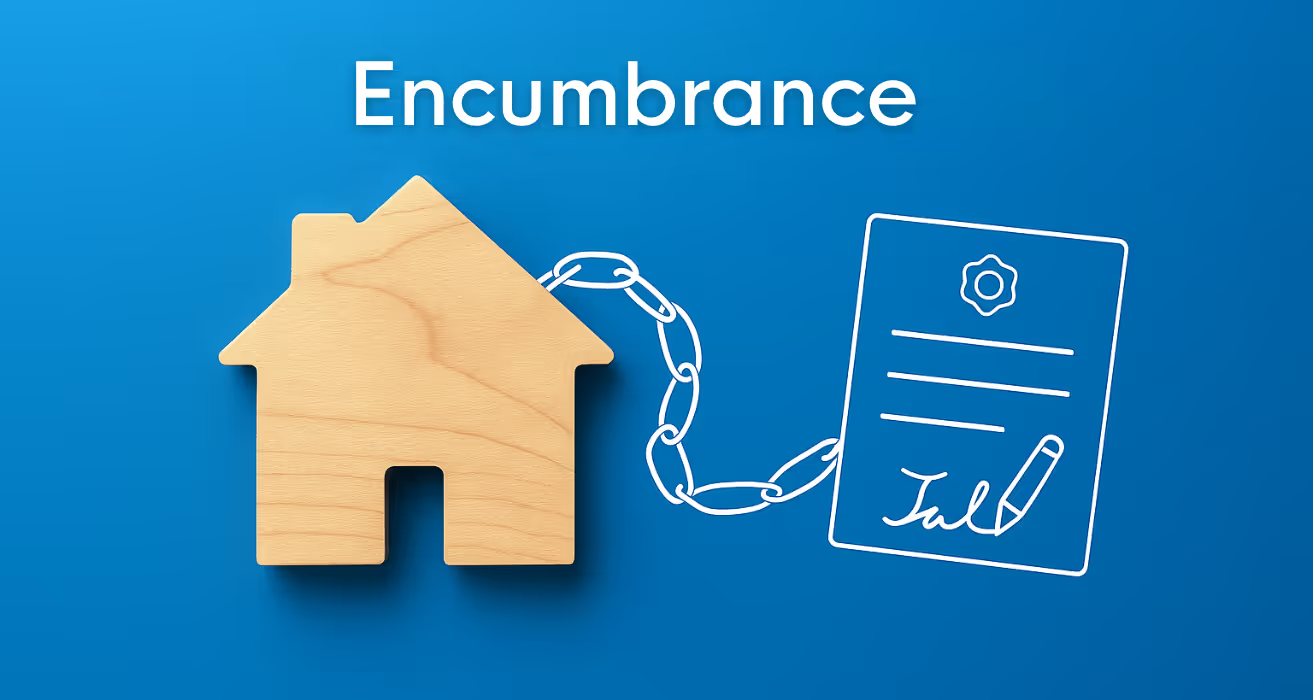





-min.avif)
-min.avif)
-min.avif)

-min.avif)

-min-p-1080%20(1)%20(1).avif)
-min.avif)
-min.avif)
.avif)
.avif)
.avif)
.avif)
.avif)
.avif)
.avif)
.avif)
.avif)
.avif)
.avif)
.avif)
.avif)
.avif)
.avif)

.avif)
.avif)
.avif)
.avif)
.avif)
.avif)
.avif)
.avif)
.avif)
.avif)



